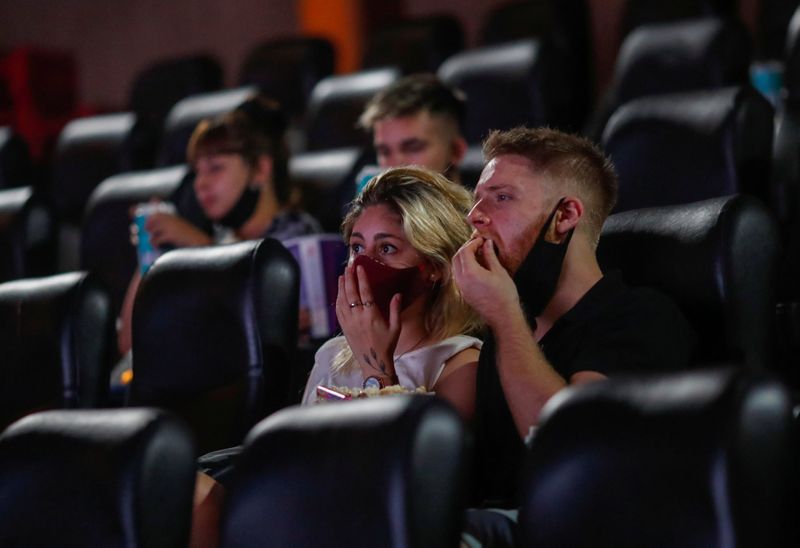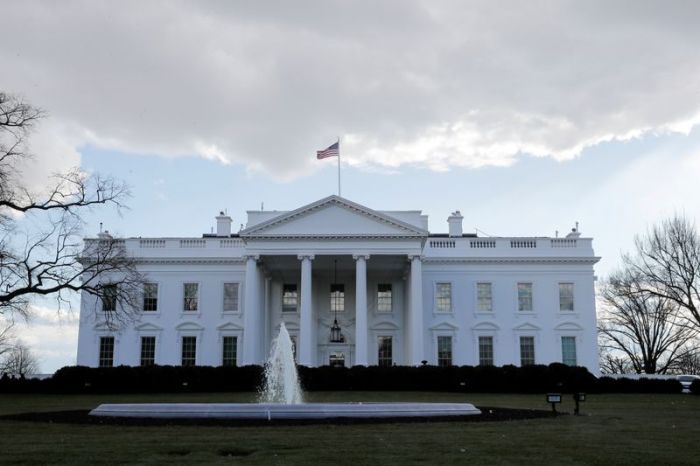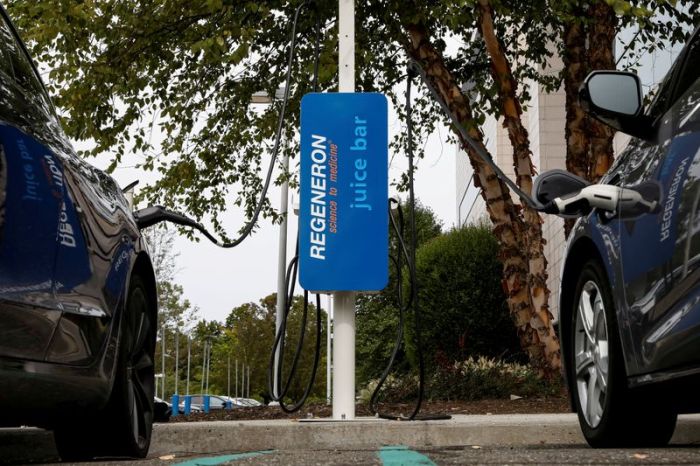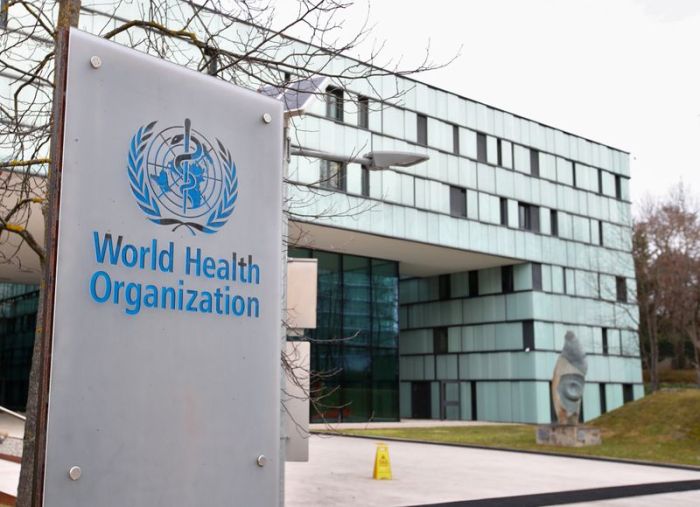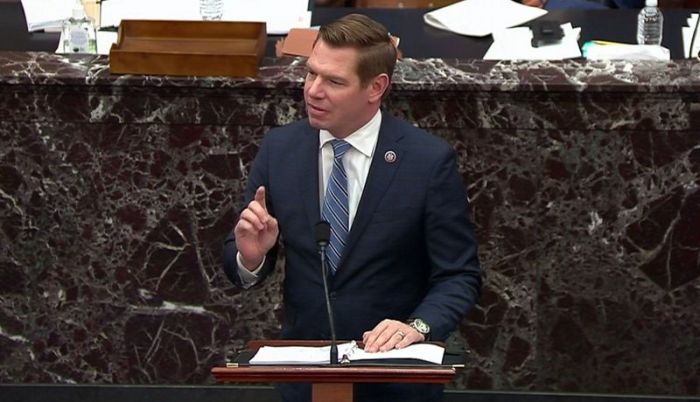BUENOS AIRES (Reuters) – In Buenos Aires on Friday night the doors of the Colón Theater reopened for the first time in a year since being shut because of the coronavirus pandemic, a sign of how the capital of Argentina is slowly letting its hair down once again.
In neighboring Brazil, however, Sao Paulo and Rio de Janeiro have gone in the opposition direction, both announcing tighter restrictions this week, a reflection of how the two regional powerhouses are on completely different tracks battling the virus.
“It makes me very happy, we have to go to the theater again, we have to lose our fear,” Fanny Mandelbaum, a local Argentina journalist attending the inaugural concert at the famed opera house told Reuters. “It is so satisfying to be in a room and share culture with other people.”
The symbolic opening of the opera house, which dates back as far as 1857 – though in a different building – comes hot on the heels of film buffs in the capital being able to return to cinemas at the start of this month.
Authorities have also eased restrictions allowing restaurants and bars to stay open later, with indoor dining, bringing a buzz back to the city which had one of the region’s longest and toughest lockdowns last year.
But in Brazil, Sao Paulo state imposed a partial lockdown this week, underscoring mounting concerns about a surge in new infections. Rio de Janeiro, meanwhile, adopted new restrictions, including a nighttime curfew.
“We’ve reached a grave moment of the pandemic. The coronavirus variants are hitting us aggressively,” Brazil’s Health Minister Eduardo Pazuello said on social media.
The divergence of the region’s urban nighttime revelers illustrates the different trajectories Argentina and Brazil are on in the race to tame COVID-19, even as inoculation programs are hit by delays.
Brazil’s President Jair Bolsonaro has long sought to diminish the gravity of the virus, while Argentina’s President Alberto Fernandez has taken a tougher stance.
Claudio Mendez, Argentina manager for cinema chain operator Cinepolis, said that as vaccines were rolled out they hoped cinemas could return to normal after what had been an incredibly a tough year.
“It was a situation not imaginable even in the worst horror movie,” he said. “We believe as the vaccination process advances … film premieres will begin to flow more normally.”
Back at the Colón Theater, many musicians still played with their masks on, while wind instrument players were inside transparent cubicles to avoid the potential spread of the virus. The audience was temperature checked and seating was spread out.
“We needed to go back and today was the day,” said María Victoria Alcaraz, the opera house’s general director. “The spirit was to reopen the doors as soon as possible so that the public and the artists could come together one again.”
(Reporting by Lucila Sigal; Editing by Adam Jourdan and Diane Craft)

